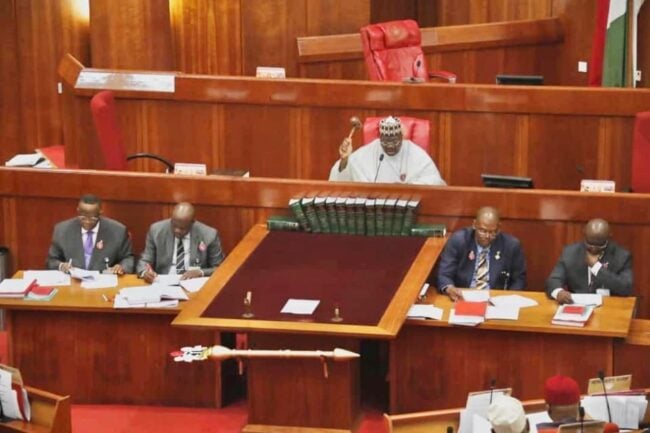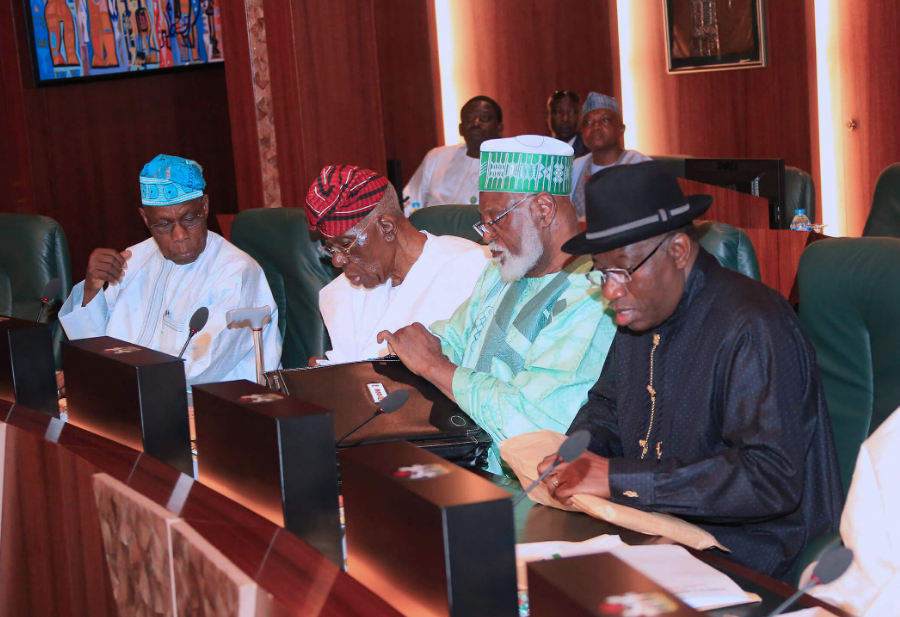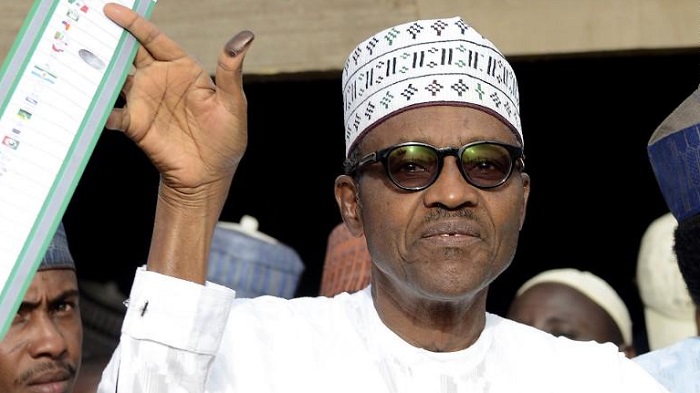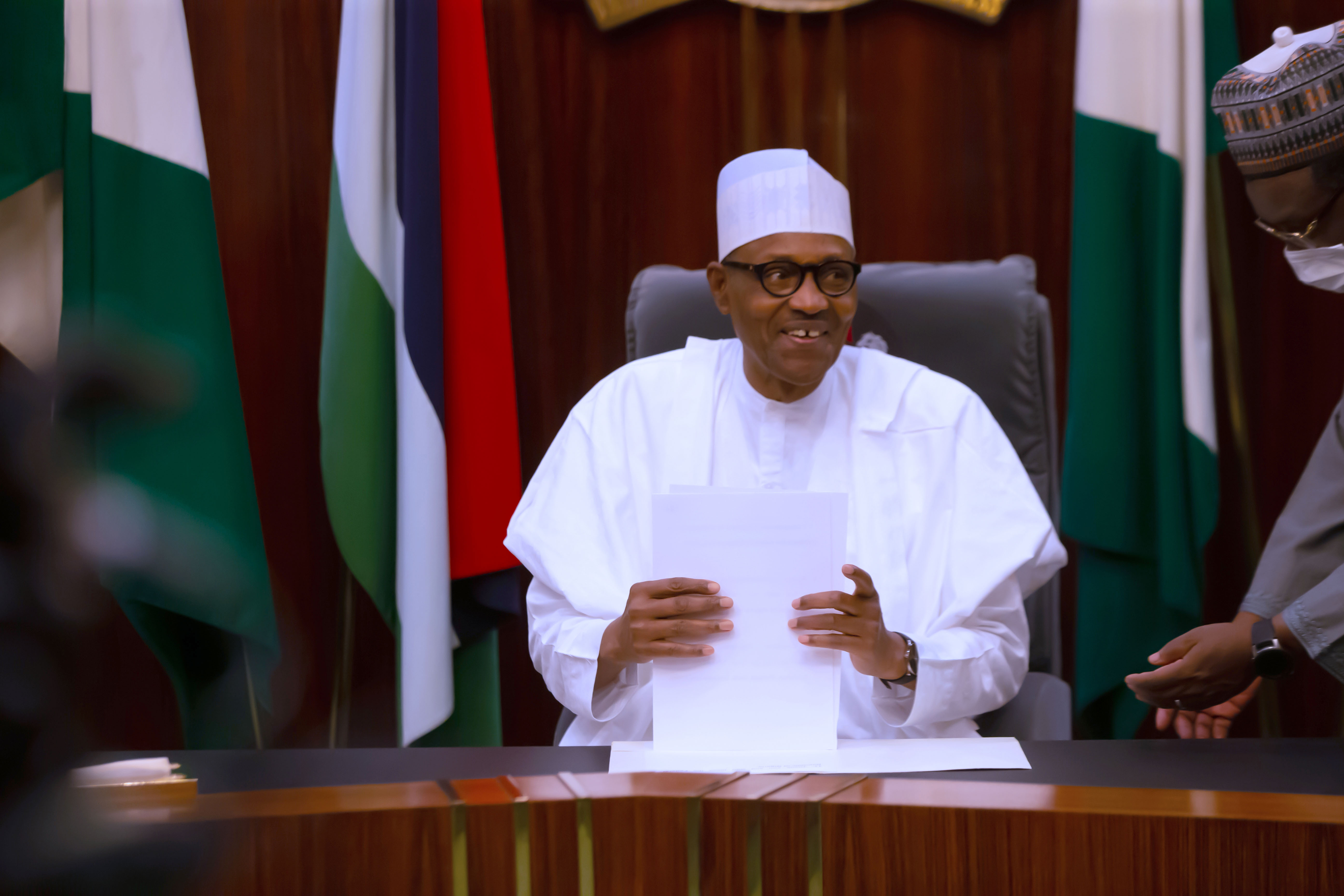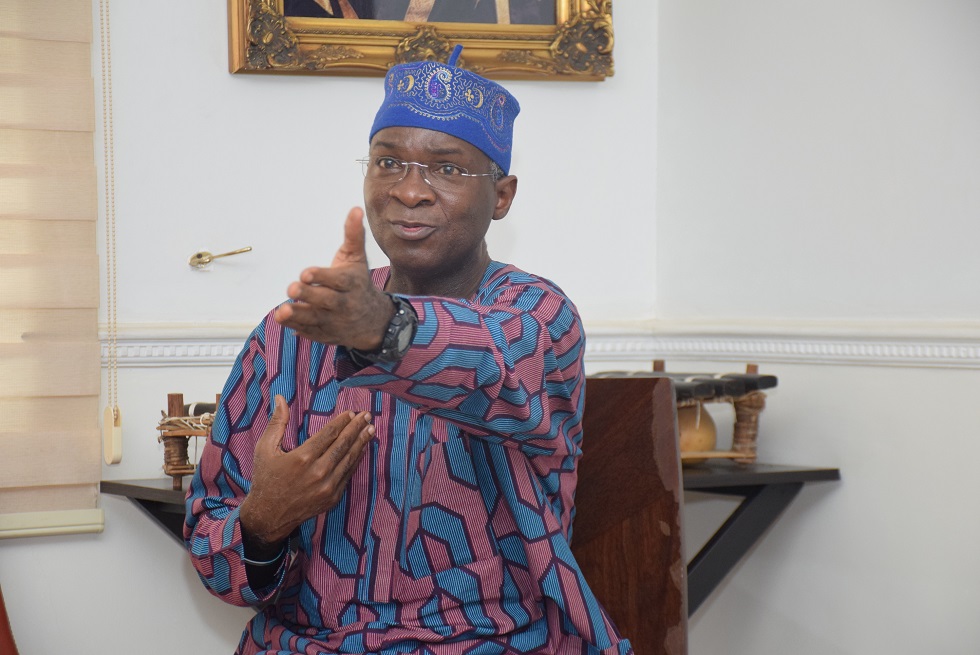A bill seeking to place the Nigeria Sovereign Investment Authority (NSIA) on a first line charge on a monthly basis has passed second reading at the senate.
The bill sponsored by Bassey Albert Akpan, senator representing Akwa Ibom north-east, seeks to allocate 20 percent of the funds in the federation account to the NSIA on a monthly basis.
Previous attempts to make savings compulsory through excess crude account (ECA) and NSIA were rebuffed by governors, who said it was unconstitutional.
In a suit against the federal government by the 36 governors, they said the constitution provides that all federally collected revenue must be paid into the consolidated federation account and distributed to the three tiers of government.
Advertisement
While leading a debate on the bill on Wednesday, Akpan said the proposed law will amend Revenue (federation account, Etc.) Act CAP A 15 LFN 2004.
The Akwa Ibom senator said the bill, if passed, would enhance the country’s savings for the rainy day.
“Mr. President and distinguished colleagues, the proposed amendment as contained in this bill is therefore to complete the series of amendments in this regard by developing a constitutional and consistent monthly saving culture for the federation against the rainy day while guarding against constitutional breaches and or conflict of laws,” he said.
Advertisement
“Mr. President and my distinguished colleagues, the bill proposes an amount (equivalent to 20 percent of the amount standing to the credit of the federation account, less the statutory 13 percent of the revenue accruing to the federation account directly from natural resources) to be allocated to the Nigeria Sovereign Investment Authority, on monthly basis.
“Mr. President and distinguished colleagues, let me strongly emphasise the need for a dedicated saving culture to safeguard the Nigerian economy going forward due to the rapidly changing dynamics and volatility of the global oil market.
“Let us learn our lessons now with the outcome of the COVID-19 pandemic because none of us knows tomorrow.”
The bill passed second reading after it was put to a voice vote by Senate President Ahmad Lawan.
Advertisement
Add a comment

